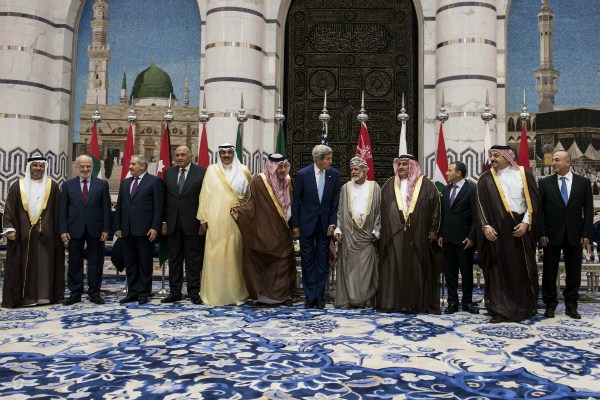In a Sept. 13 speech, President Barack Obama unveiled his strategy for dealing with the Islamic State group. “We will degrade and ultimately destroy” it, Obama said, “through a comprehensive and sustained counterterrorism strategy.” The strategy he outlined in the speech includes three components: U.S. airstrikes; increased support for militias and national militaries directly fighting the Islamic State group; and efforts to prevent the group from undertaking terrorist attacks against the U.S. or other nations.
As always, Obama was careful, cautious and restrained, seeking an indirect and supporting role rather than the leading one. He ruled out large-scale American involvement in ground combat. While all of this appeals to a nation weary of more than a decade of conflict, it is unlikely to work, in large part because it violates two cardinal rules of strategy.
The first rule is that the resources devoted to a strategy must be commensurate with the extent of the ultimate objectives. In Obama's strategy for the Islamic State group, America's objectives are expansive: to degrade and defeat what has become the best-resourced terrorist organization in history, with deep roots in its region, safe havens and enough transnational appeal to attract recruits and supporters. But the resources to implement the strategy are limited. The U.S. is not mobilizing its military, increasing its defense budget or expanding it intelligence services, instead hoping that other nations and organizations will win the conflict and, more important, consolidate the peace. The Obama strategy did not indicate what the U.S. will do if—or when—this fails.

